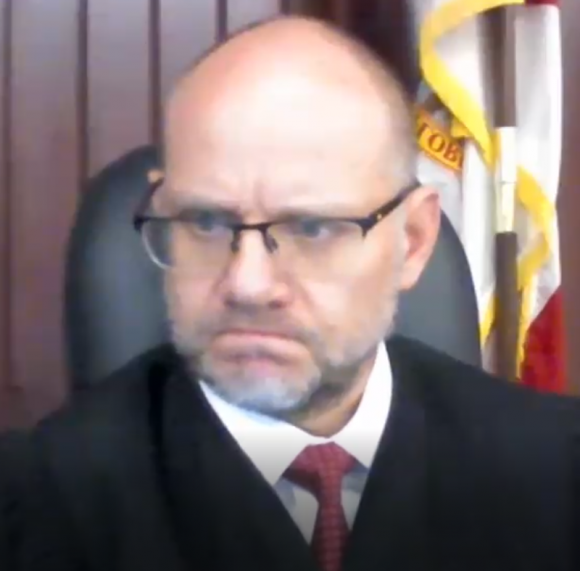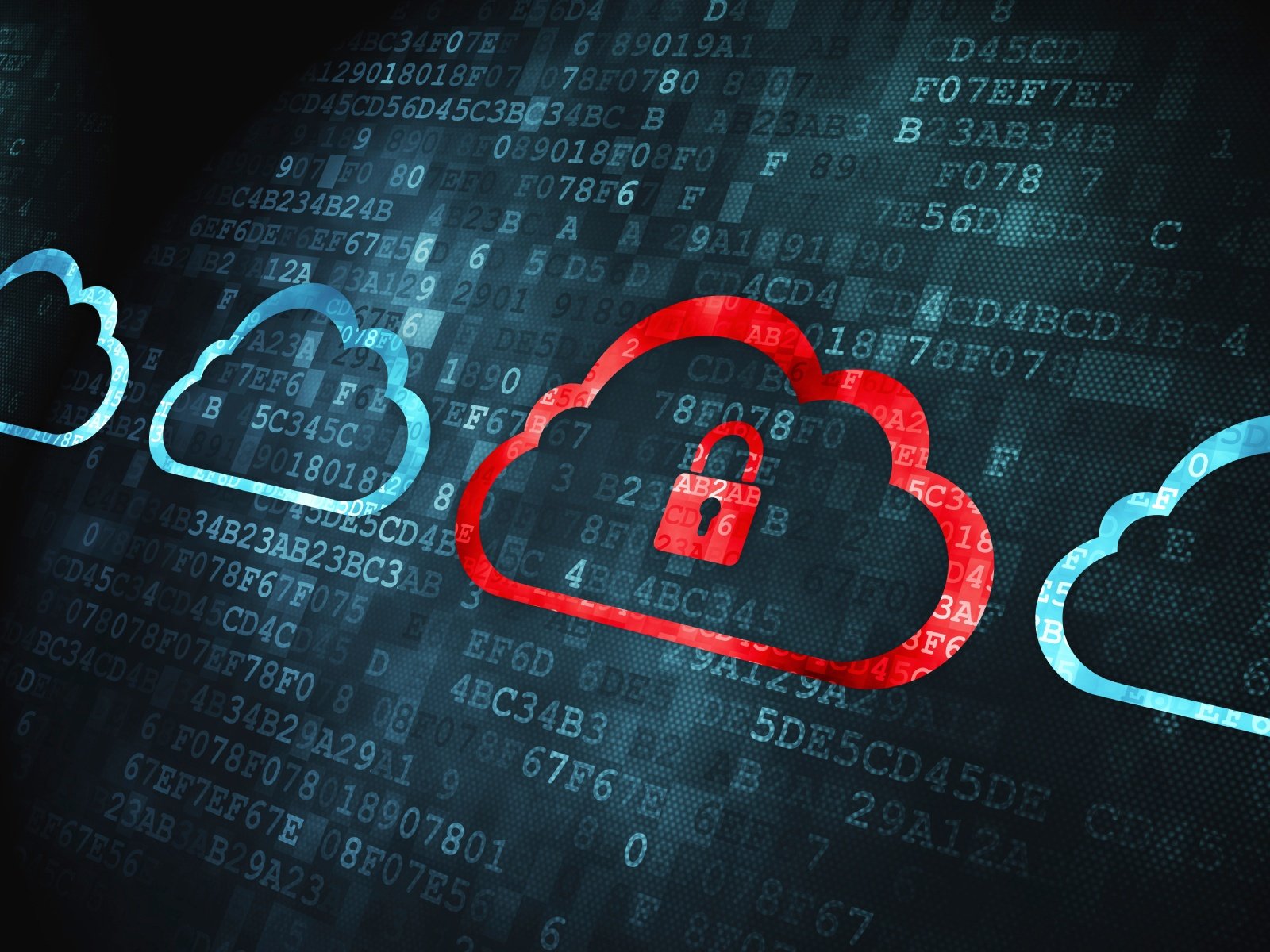Zoom-bombers strike again.
Though in this case, the circumstances are highly ironic.
SecureWorld has continued to cover Twitter's massive account hack as it has unfolded:
"A new report from the U.S. Department of Justice (DOJ) exposes the three individuals involved in Twitter's recent security incident. Together, the trio used phone spear phishing to gain access to a number of Twitter employees.
From there, they could target employees with access to account support tools, which they used to infiltrate 130 widely followed Twitter accounts.
Many hackers believe that the tools they use cloak them in anonymity. But this should give them a wake-up call."
But in this case, the story didn't end when the criminal trial began.
Zoom-bombing the virtual hearing of accused Twitter hacker
According to the Associated Press, the online bond hearing for one of the alleged hackers encountered a security incident of its own.
The interruptions—including one by a user who shared a screen and took over the hearing with a porn video—forced Hillsborough County Judge Christopher C. Nash to temporarily halt the session for Graham Ivan Clark, 17.
Pornography and rap continued to interrupt the trial, even as Judge Nash closed and reopened the proceedings.
Some theories presume the interruptions were designed to motivate Nash to decrease Clark's bail, previously set at $725,000.
Nash ultimately declined to lower it, but not before creating this reaction picture, captured by Krebs on Security:

The reaction from Florida State Attorney Andrew Warren is also a highlight:

According to Brian Krebs, a security incident like this was virtually inevitable given the setup of the trial:
"Notice of the hearing was available via public records filed with the Florida state attorney's office. The notice specified the Zoom meeting time and ID number, essentially allowing anyone to participate in the proceeding.
Even before the hearing officially began it was clear that the event would likely be 'zoom bombed.' That's because while participants were muted by default, they were free to unmute their microphones and transmit their own video streams to the channel."
Zoom has greatly increased the visibility and usability of its security features that limit access to meetings because of previous Zoom-bombings at the start of the COVID-19 pandemic.
It seems likely that at least some of these security enhancements were not enabled in this case.





